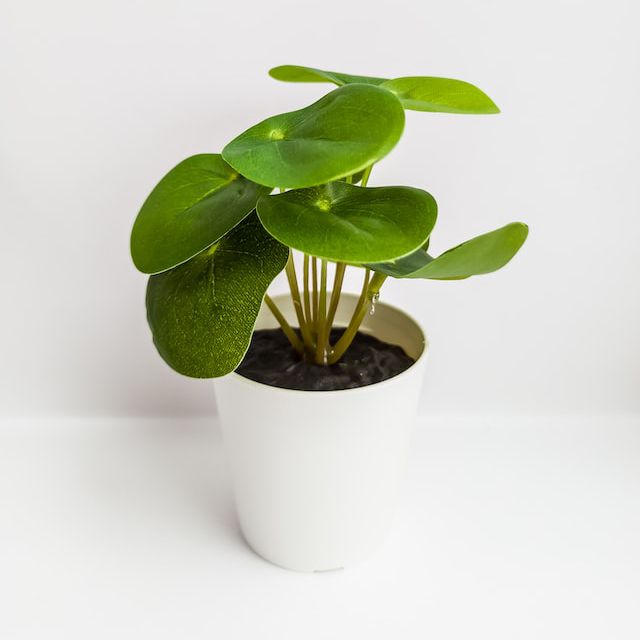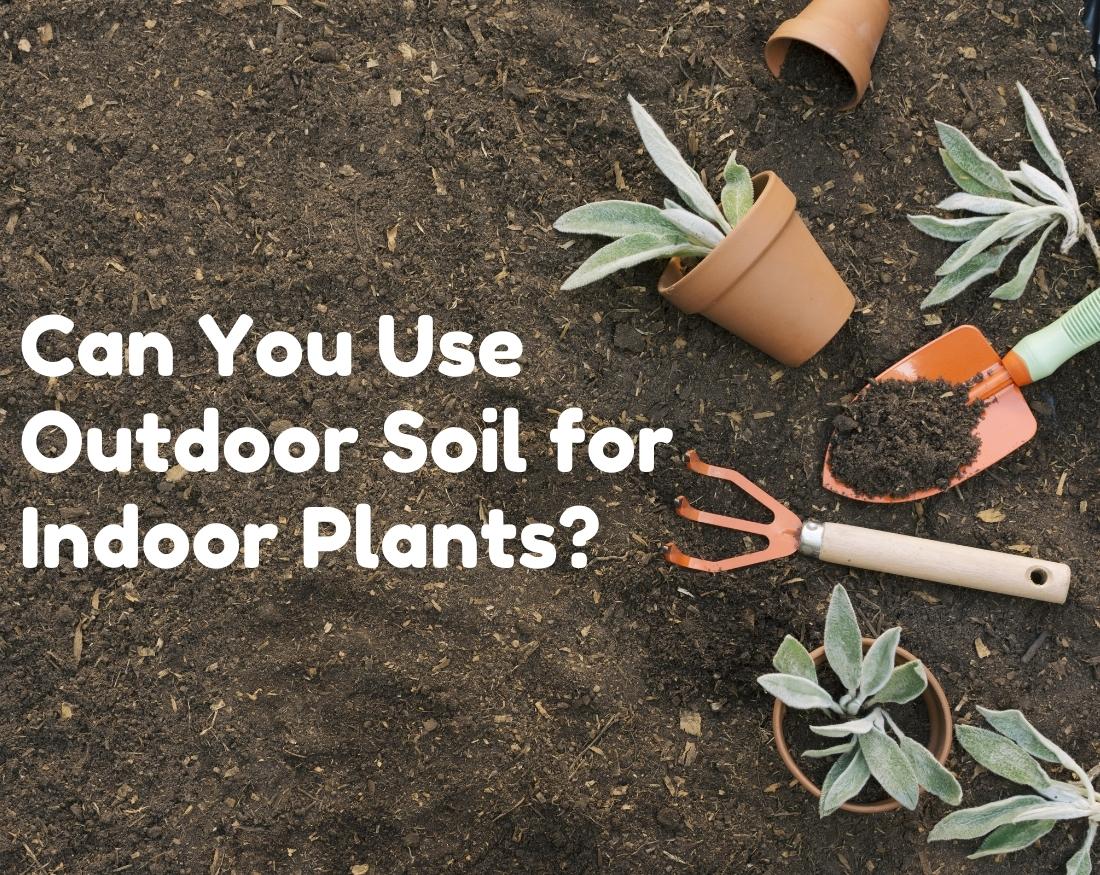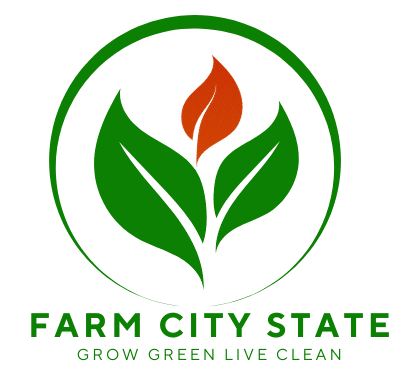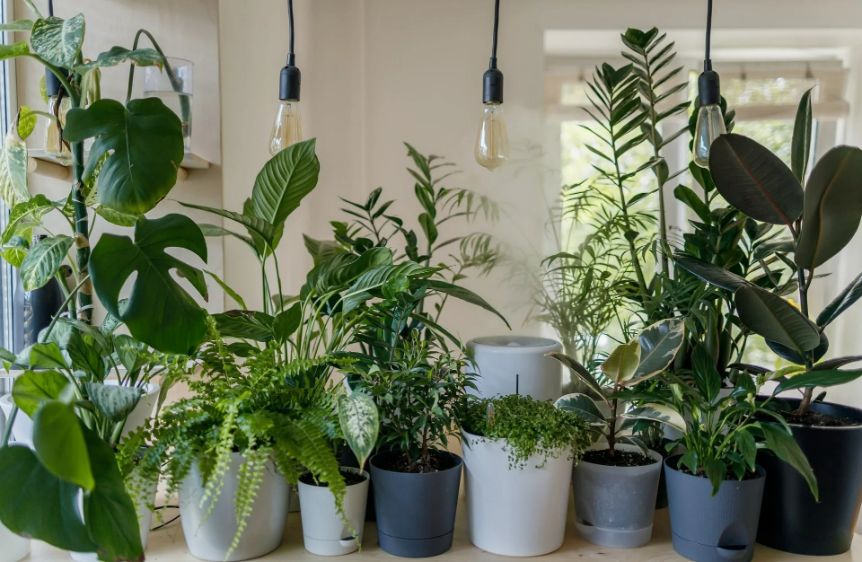As an Amazon Associate, I earn from qualifying purchases.
Yes, outdoor compost can be used for indoor plants. Ensure the compost is well-aged and free from pests.
Composting is an excellent way to recycle organic waste and create nutrient-rich soil. Using outdoor compost for indoor plants can enhance soil quality and provide essential nutrients. Make sure the compost is well-decomposed to prevent any harm to your indoor plants.
Fresh compost can contain pathogens or pests that could damage your plants. Mixing compost with potting soil ensures better aeration and drainage. This combination promotes healthy root development and improves overall plant growth. Always monitor the moisture levels, as indoor conditions can differ significantly from outdoor environments. Properly managed compost can lead to thriving indoor plants.
What Is Outdoor Compost?
Outdoor compost is decomposed organic matter. It is created from kitchen scraps, yard waste, and other natural materials. Gardeners often use outdoor compost to enrich soil. It improves soil structure, water retention, and nutrient content. Many wonder if outdoor compost can also benefit indoor plants.
Components Of Outdoor Compost
Outdoor compost includes a variety of ingredients. These are divided into two main types: greens and browns.
- Greens: These are nitrogen-rich materials. Examples include fruit scraps, vegetable peels, and coffee grounds.
- Browns: These are carbon-rich materials. Examples include dried leaves, straw, and cardboard.
Proper balance between greens and browns is essential. This balance ensures efficient decomposition.
Benefits For Plants
Outdoor compost provides several benefits for plants. These benefits can be seen both outdoors and indoors.
| Benefit | Description |
|---|---|
| Nutrient-rich | Compost adds essential nutrients to the soil. These nutrients include nitrogen, phosphorus, and potassium. |
| Improves Soil Structure | Compost helps soil particles stick together. This creates a crumbly texture ideal for plant roots. |
| Water Retention | Compost increases the soil’s ability to retain water. This reduces the need for frequent watering. |
| Pest and Disease Resistance | Healthy soil reduces plant stress. Plants become more resistant to pests and diseases. |
Using outdoor compost for indoor plants can provide these same benefits. It is important to ensure the compost is fully decomposed. This prevents any harm to delicate indoor plants.

Credit: www.amazon.com
Differences Between Outdoor And Indoor Compost
Understanding the differences between outdoor and indoor compost helps in choosing the right type for indoor plants. Both compost types offer unique benefits, but they vary in ingredients and decomposition methods.
Ingredients Used
Outdoor compost typically includes a mix of yard waste, kitchen scraps, and garden clippings. This can include leaves, grass clippings, and vegetable peels.
Indoor compost, on the other hand, relies more on kitchen scraps and small amounts of paper. Common items are fruit peels, coffee grounds, and eggshells.
| Outdoor Compost | Indoor Compost |
|---|---|
| Yard Waste | Kitchen Scraps |
| Garden Clippings | Small Paper Pieces |
| Kitchen Scraps | Fruit Peels |
Decomposition Process
The decomposition process for outdoor compost takes place in large, open spaces. It relies on natural elements like sunlight, rain, and airflow.
This type of composting involves turning the pile to mix the materials. This ensures even decomposition.
Indoor composting needs a controlled environment. It often uses a compost bin or a worm bin. These bins help manage the moisture and temperature levels.
Using worms, known as vermicomposting, speeds up the process indoors. The worms break down the organic matter quickly.
Choosing the right compost for indoor plants depends on understanding these differences. Both types offer unique benefits. Knowing these differences ensures healthier indoor plants.
Benefits Of Using Outdoor Compost Indoors
Using outdoor compost for indoor plants has many benefits. These advantages make your plants healthier and save you money. Let’s explore some key benefits of using outdoor compost indoors.
Nutrient-rich Soil
Outdoor compost enriches the soil with vital nutrients. These nutrients help indoor plants grow strong and healthy.
- Organic Matter: Compost adds organic matter, improving soil structure.
- Essential Nutrients: It provides nitrogen, phosphorus, and potassium.
- Microorganisms: Compost introduces beneficial microorganisms to the soil.
Healthy soil means healthy plants. Your indoor plants will thrive.
Cost-effective Solution
Using outdoor compost indoors is a budget-friendly option.
| Cost | Outdoor Compost | Store-Bought Fertilizer |
|---|---|---|
| Initial Cost | Low | High |
| Long-term Benefits | High | Medium |
Outdoor compost reduces the need for expensive fertilizers. This saves you money in the long run.
Enjoy lush indoor plants without breaking the bank.

Credit: www.alsoils.co.uk
Potential Risks
Using outdoor compost for indoor plants can be beneficial. Yet, there are potential risks. Being aware of these risks is important.
Pest Infestation
Outdoor compost may harbor pests. These pests include ants, beetles, and slugs. Bringing these pests indoors can cause problems. They can harm indoor plants and spread quickly. Inspect compost carefully before using it indoors.
| Pests | Potential Harm |
|---|---|
| Ants | Damage plant roots |
| Beetles | Chew leaves and stems |
| Slugs | Eat leaves and seedlings |
Disease Spread
Outdoor compost can contain plant diseases. These diseases can spread to indoor plants. Pathogens like fungi and bacteria are often present. They can cause leaf spots, root rot, and more. Prevent these issues by sterilizing compost.
Steps to sterilize compost:
- Heat compost in an oven at 180°F for 30 minutes.
- Let compost cool completely before use.
- Store sterilized compost in clean, sealed containers.
By following these steps, you can reduce the risks. Protect your indoor plants from pests and diseases.
How To Safely Use Outdoor Compost Indoors
Using outdoor compost for indoor plants can be beneficial. It provides essential nutrients and helps improve soil structure. But it’s important to use it safely. This guide will explain the best practices for doing so.
Sterilization Methods
Outdoor compost may contain pests or diseases. Sterilizing it is crucial for indoor use.
- Oven Method: Spread compost on a baking tray. Heat at 180°F for 30 minutes.
- Microwave Method: Place compost in a microwave-safe container. Heat on high for 90 seconds per pound.
- Solarization: Place compost in a clear plastic bag. Leave it in the sun for 4-6 weeks.
Mixing Ratios
Using the right mixing ratios ensures your indoor plants thrive.
| Component | Ratio |
|---|---|
| Compost | 1 part |
| Potting Soil | 2 parts |
| Perlite or Sand | 1 part |
Mix these components thoroughly. This ensures good drainage and nutrient balance.
Following these steps, you can safely use outdoor compost indoors. Your indoor plants will benefit from the rich nutrients.
Alternatives To Outdoor Compost
Outdoor compost is great for gardens, but not always ideal for indoor plants. Different environments need different solutions. Explore these alternatives to outdoor compost for your indoor plants.
Commercial Potting Soil
Commercial potting soil is a popular choice for indoor plants. It’s specifically designed for potted plants. This soil is lightweight and easy to use. It provides good drainage and aeration. Most brands include essential nutrients for plant growth.
| Benefits | Details |
|---|---|
| Convenience | Ready to use, no preparation needed |
| Balanced nutrients | Contains essential nutrients for plants |
| Good drainage | Prevents root rot |
Homemade Indoor Compost
Making homemade indoor compost is another great option. It allows for a personalized mix. You can control what goes into your compost. This can be more eco-friendly and cost-effective.
Follow these simple steps to create your own indoor compost:
- Choose a small compost bin with a lid.
- Add kitchen scraps like fruit peels and coffee grounds.
- Include shredded paper or dried leaves.
- Mix the compost regularly to aid decomposition.
- Ensure the compost stays moist but not wet.
Here are some materials you can use:
- Fruit and vegetable scraps
- Eggshells
- Tea bags
- Shredded paper
- Cardboard
Homemade compost can take time to decompose fully. Be patient and keep the mixture balanced. Your indoor plants will thank you!
Expert Tips
Using outdoor compost for indoor plants can be very rewarding. It helps improve the soil and provides nutrients. Below are expert tips to make the most of outdoor compost for your indoor plants.
Best Practices
- Screen the compost: Use a fine mesh to filter out large particles.
- Mix with potting soil: Combine compost with potting soil in a 1:1 ratio.
- Use mature compost: Ensure the compost is fully decomposed. It should be dark and crumbly.
- Water the plants correctly: Compost holds moisture well. Be careful not to overwater.
- Check for pests: Inspect the compost for insects before using it indoors.
Common Mistakes To Avoid
- Using fresh compost: Fresh compost can burn plant roots. Always use mature compost.
- Overloading with compost: Too much compost can harm plants. Stick to the recommended ratio.
- Ignoring pest control: Pests in compost can infest indoor plants. Always check for pests.
- Neglecting drainage: Good drainage is vital. Ensure pots have drainage holes.
- Skipping soil testing: Test the soil’s pH level. Compost can alter soil pH.

Credit: planterhoma.com
Frequently Asked Questions
Can Outdoor Compost Be Used For Indoor Plants?
Yes, outdoor compost can be used for indoor plants. Ensure it is well-decomposed and free from pests.
How To Prepare Outdoor Compost For Indoor Plants?
Sift the compost to remove large particles. Sterilize it by baking at low temperatures to kill pathogens.
What Are The Benefits Of Using Outdoor Compost Indoors?
Outdoor compost enriches soil with nutrients. It improves soil structure and enhances water retention for indoor plants.
Is Outdoor Compost Safe For All Indoor Plants?
Generally, yes. However, some sensitive plants may react to high nutrient levels. Test on a small area first.
Conclusion
Using outdoor compost for indoor plants is beneficial. It enriches the soil and promotes healthy growth. Ensure the compost is well-balanced and free from pests. Indoor plants thrive with natural nutrients. Experiment and observe your plant’s response. Happy gardening!

